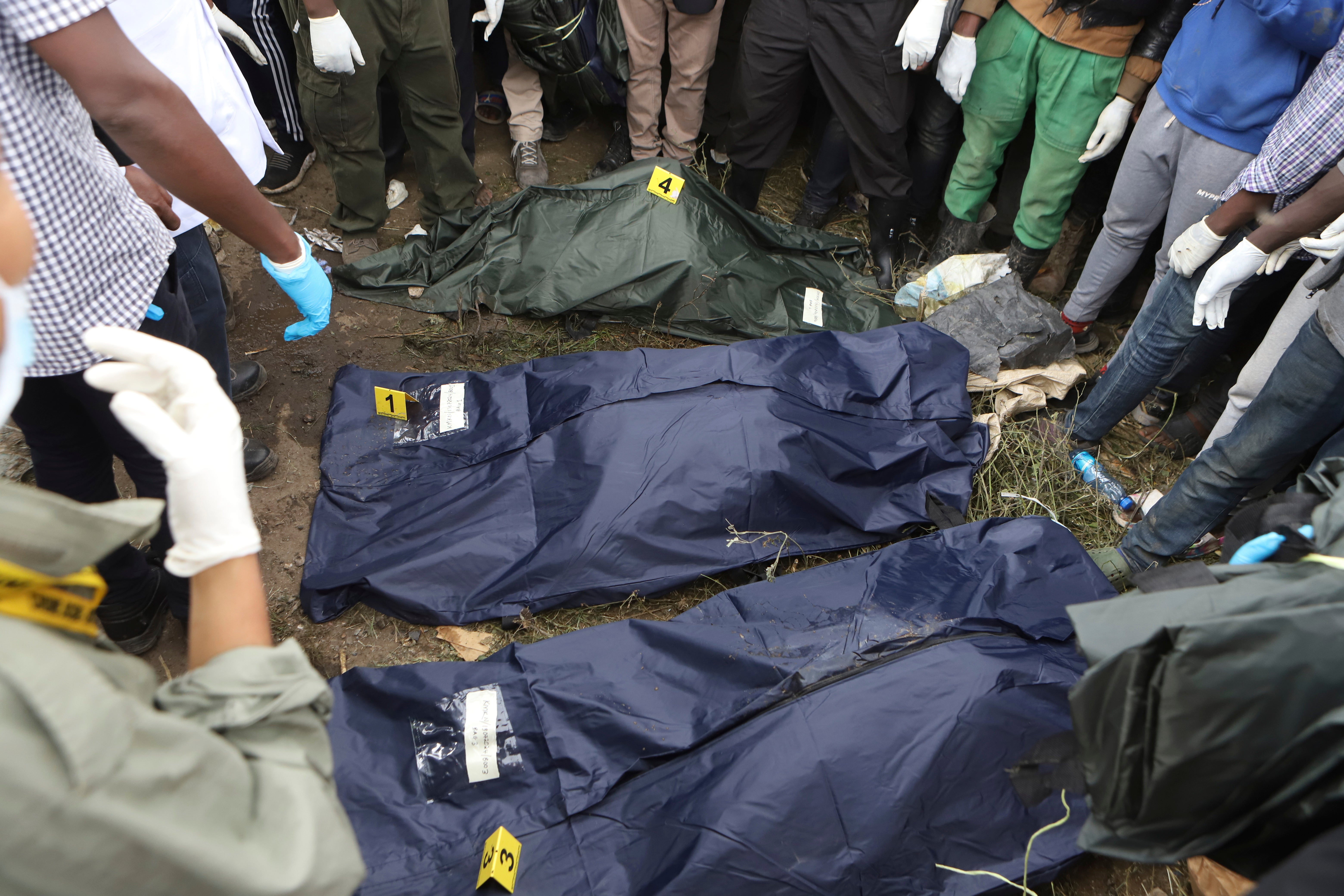Western envoys concerned about arrests and disappearances as Kenya takes UN rights council seat
Western envoys in Kenya have raised concerns over reports of arbitrary arrests and enforced disappearances and urged for swift investigations as the country takes up its seat in the United Nations Human Rights Council

Western envoys in Kenya have raised concerns over reports of arbitrary arrests and enforced disappearances and urged swift investigations as the country takes up its seat on the United Nations Human Rights Council.
In a joint statement on Thursday, the nine ambassadors and high commissioners said they “will support Kenya in corralling the political will necessary to effect change.”
Human rights groups have accused the authorities in Kenya of arbitrarily arresting and detaining government critics, while several people have been reported missing and, in some cases, their mutilated bodies discovered days later.
Kenya was among several African countries elected to the U.N human rights council on Oct. 9.
The envoys’ statement comes days after four Turkish nationals were abducted from Kenya and repatriated despite registering with the U.N as asylum seekers, citing threats to their lives back home.
“Abduction and forced return to countries they fled directly violates the principle of non-refoulement enshrined in Kenyan law,” Amnesty International Kenya wrote in a statement last week.
Under international law, non-refoulement prohibits the return of any person to a country where they would face torture, cruel, inhuman or degrading treatment, or other irreparable harm.
The Kenya National Commission on Human Rights on Thursday said it had investigated 60 cases of extrajudicial killings and 71 cases of abductions and enforced disappearances since June.
The country witnessed a series of nationwide anti-government protests that culminated in the storming and burning of parliament on June 25, when several protesters were shot dead outside parliament gates.
The police on Wednesday said that 97 women had been killed by men in the last three months and he highlighted an increase in gender-based violence.
The deputy inspector general of police, Eliud Kipkoech Langat, said there had been an increase in murder and manslaughter cases and called it a “troubling trend.”
The latest killings involve three women who went missing. Their bodies were last week discovered mutilated and dumped in different areas.
In July, the dismembered bodies of nine women were found in a quarry in the capital, Nairobi. A male suspect was arrested and detained as investigations continued but he later escaped from police custody.
The government has in recent days been accused by human rights groups of using arrests and abduction to crack down on critics.
A popular activist, Boniface Mwangi, was on Sunday detained by men who refused to identify themselves. He was held at a police station for a day and later released without charge.
Bookmark popover
Removed from bookmarks